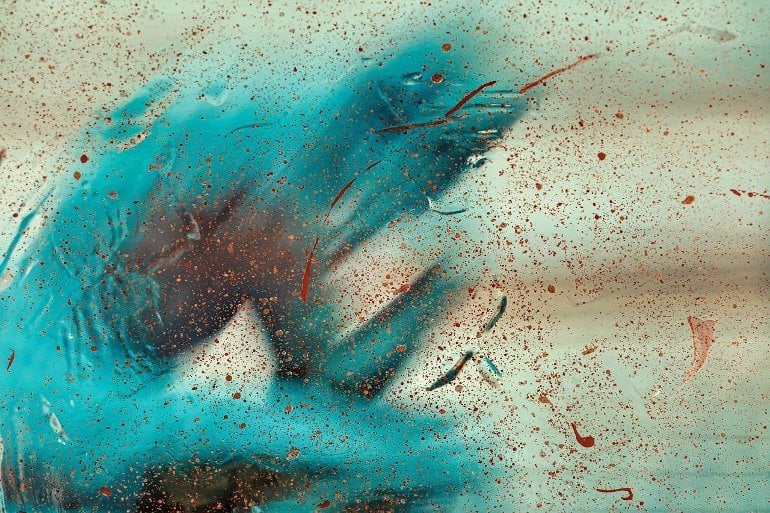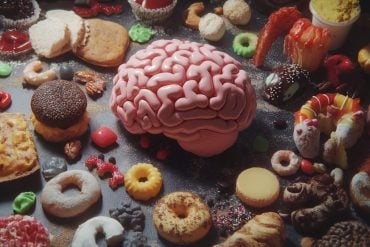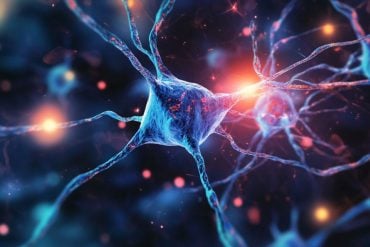Summary: A new study will explore how psilocybin affects different networks and serotonin function in the brains of autistic adults.
Source: King’s College London
The study will explore how psilocybin affects specific brain pathways in autistic adults, and is the first ever mechanistic study of psilocybin in autistic adults.
It will investigate whether there is a difference in the function of serotonin brain networks in autistic and non-autistic adults.
The researchers will use a range of imaging techniques and behavioural tasks to examine how the serotonin system is modulated by COMP360 psilocybin. It is an investigator-initiated exploratory study that will take place at the Institute of Psychiatry, Psychology & Neuroscience (IoPPN) at King’s College London.
The study is co-sponsored by King’s IoPPN and South London and Maudsley NHS Foundation Trust. It will enrol 70 adult participants, including 40 autistic people and 30 non-autistic people.
The study is led by Professor Grainne McAlonan, Professor of Translational Neuroscience at King’s IoPPN, and conducted by Tobias Whelan, PhD student at King’s and Research Scientist at COMPASS Pathways.
Tobias is also supervised by Professor Declan Murphy and Dr Nicolaas Puts from King’s IoPPN, who are investigators in the study. Professor Sir Simon Baron-Cohen and Dr Carrie Allison at the Autism Research Centre at the University of Cambridge are collaborators and external advisors.
“I am delighted that COMPASS Pathways is supporting our investigations into the brain science of neurodiversity.
“Our long-term goal is to provide more and better tailored choices for autistic people and those with related conditions. Before embarking on clinical trials, we need to really understand brain mechanisms in autistic people,” said professor Grainne McAlonan, King’s IoPPN
Professor McAlonan has previously led other studies in autism at King’s IoPPN. Klara, a participant on an earlier study, said: “My son and I both have autism, and this can be challenging at times. I’m pleased that researchers are looking into what makes an autistic brain different from a neurotypical one.

“It gives me hope that in the future, we might uncover new ways to support people and families who may need help, and that society becomes more accepting of people who are neurodiverse.”
Dr Guy Goodwin, Chief Medical Officer, COMPASS Pathways, said: “We are pleased to fund this innovative research, the first of its kind using psilocybin in autistic adults. We hope that this study improves understanding of how the serotonin system is involved in autism.
“For autistic people who are seeking treatment for symptoms that are causing distress, this research may be the first step in finding new options.”
About this psychopharmacology and ASD research news
Author: Patrick O’Brien
Source: King’s College London
Contact: Patrick O’Brien – King’s College London
Image: The image is in the public domain






